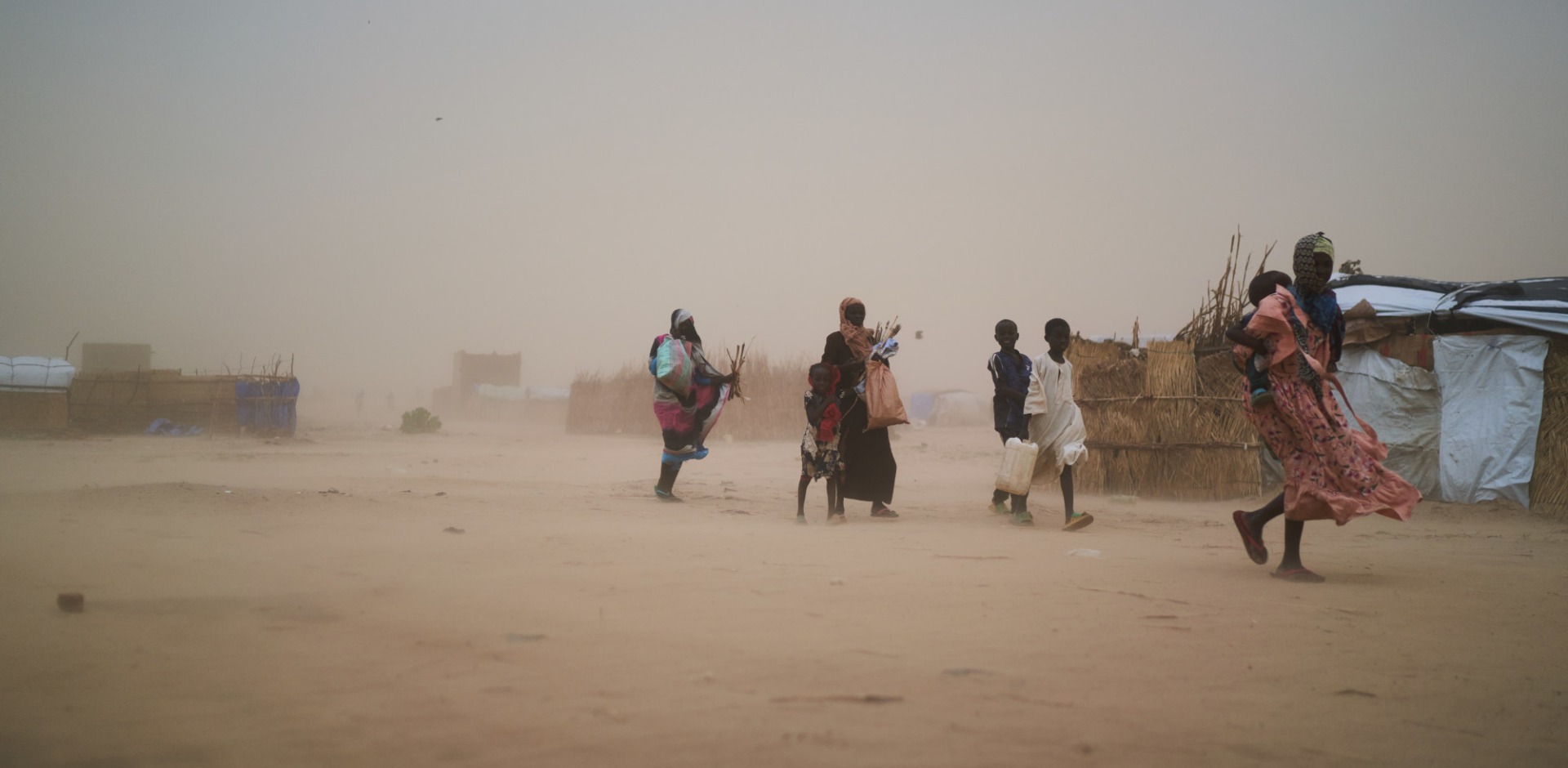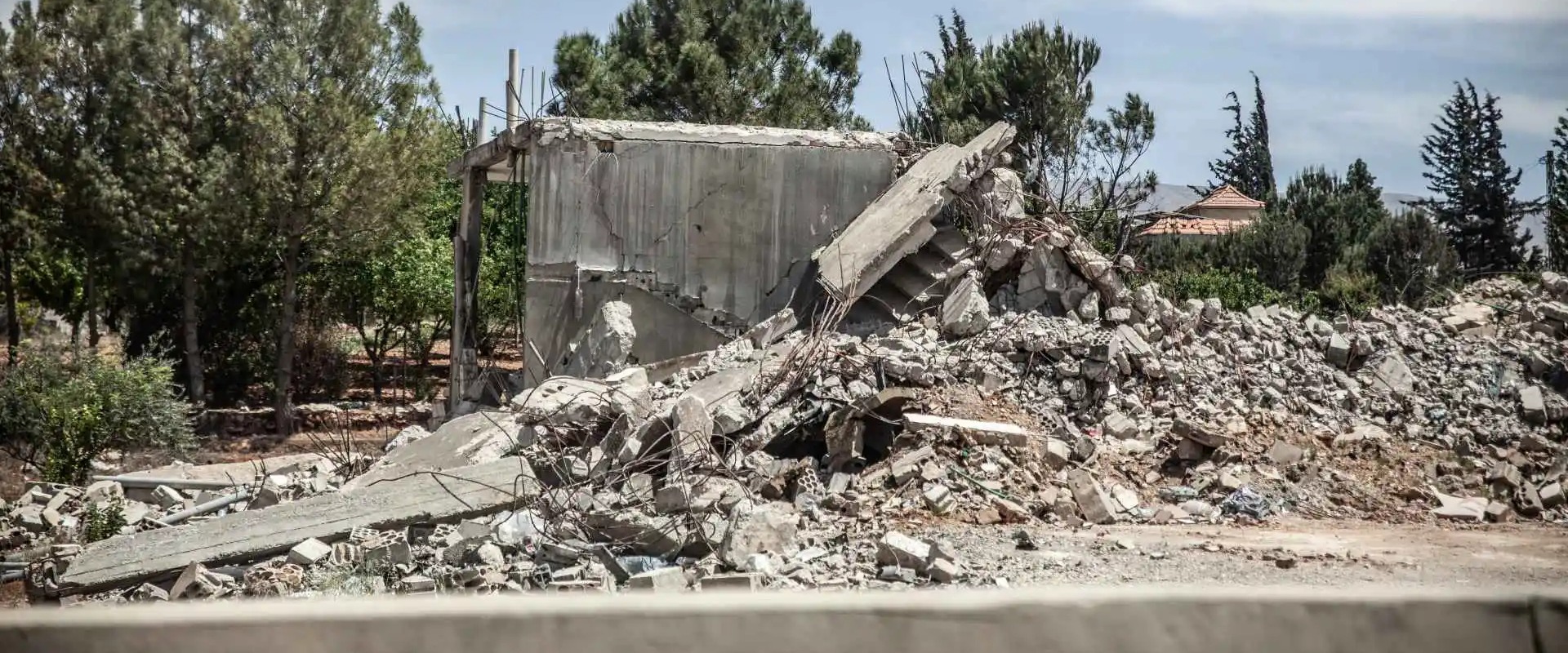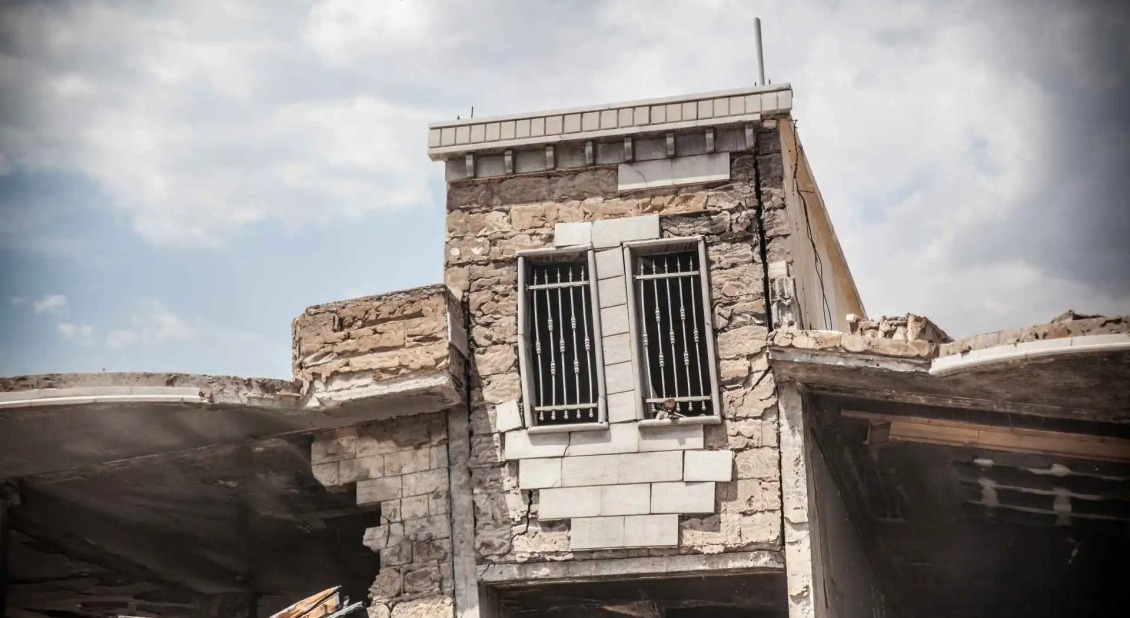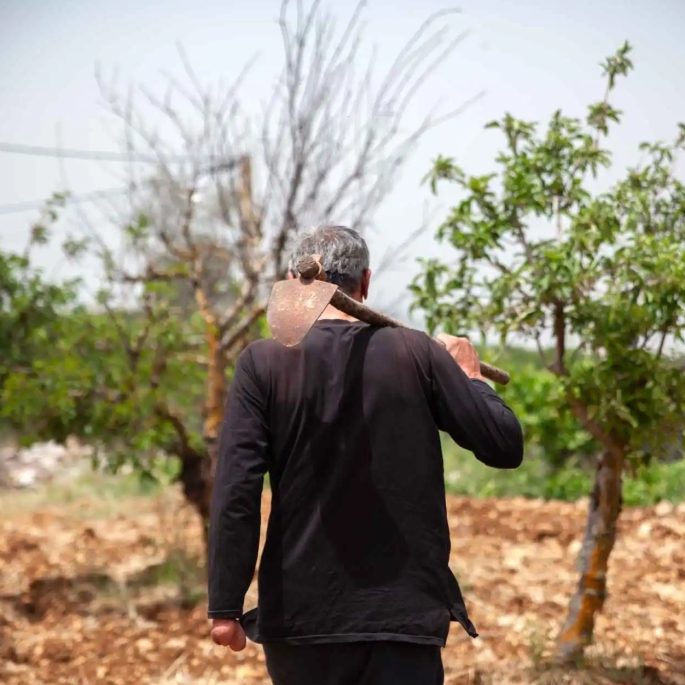
FAMINE IN SUDAN

This past Tuesday marked the one year since the escalation of hostilities erupted across Lebanon in September 2024, following almost a year of violence on the southern border that began on October 8, 2023. According to the Lebanese Ministry of Public Health, the Israeli forces killed more than four thousand people – an average of over three children per day between October and November 2024 – and injured thousands. Lebanon experienced the largest wave of internal displacement in decades, with 1.2 million people forced from their homes, notably in southern Lebanon, the Bekaa, and southern Beirut suburbs. Essential civilian infrastructure, such as homes, hospitals and schools, as well as agricultural lands were destroyed.
Despite the 27 November 2024 ceasefire, the Israeli Forces carried out almost daily military activities, especially in southern Lebanon. Airstrikes, artillery shellings and drone attacks also targeting UNIFIL along with the ongoing occupation of five areas, continue to inflict significant harm on civilian populations, including health workers. Threats to civilians continue: as of July 2025, there have been at least 260 casualties confirmed in the country due to military attacks post-ceasefire, including at least 71 civilians.

While 970,000 individuals have been able to return to their homes, 82,000 (IOM, Mobility Snapshot) are still unable to do so because of destruction, ongoing occupation and violence. Protracted displacement has severely increased protection risks, particularly for vulnerable populations. Women in shelters face increased risks of Gender-based Violence (GBV), children are being forced into child labour to support households that lost their livelihoods, and access to services for persons with disabilities is heavily limited, with many instances of psychosocial trauma.
Extensive destruction, with up to 25% of buildings in Southern Lebanon damaged or destroyed, has left some areas uninhabitable. Amnesty International has documented the deliberate destruction of over 10,000 civilian structures, including homes, schools, and water facilities between October 2024 and January 2025 in Lebanon – many of which were destroyed after the ceasefire agreement. The destruction or repurpose of over 60 schools means that children’s access to education is limited, heightening the risk of psychosocial distress, child labour, and child marriage. Repeated attacks on medical infrastructure, which international law prohibits, has hampered humanitarian efforts. Human Rights Watch notes that even if homes are still standing, the lack of essential services such as water, electricity, and healthcare infrastructure makes return unfeasible and increases the exposure to protection risks. The destruction of farmland and irrigation systems, as well as new checkpoints rendering some lands inaccessible in border areas have left many families without a means of income, leading to child labor and food insecurity. The World Bank has estimated the recovery and reconstruction needs to be at a cost of USD 11 billion.

One year on, civilians in Lebanon remain trapped in precarious conditions. Families are struggling to rebuild their lives, while surviving amid the threat of unexploded ordnance (UXO), potential chemical contamination, and severely damaged critical infrastructure in the south.
All this with little or no access to livelihoods, rendering recovery and stability nearly impossible, especially among the displaced and refugee populations. While humanitarian access has improved, assistance as well as recovery and reconstruction remain restricted in some areas due to continued attacks and occupation. At times, organizations have had to limit the delivery of essential services such as food, water, medical supplies, and education, increasing economic hardship.
I will stay here in front of the rubble of my home, even if I have to sleep in a tent. I will gather tree branches to cook dinner for my children. Even if the war returns, I will not leave my land again.
The absence of decisive international action has emboldened repeated violations of the ceasefire, contributing to broader regional instability and breaches of international law. We, the undersigned humanitarian organizations, call upon the parties of the conflict to:
The international community to:
To donors and development actors:
Action Against Hunger – Anera – Centre Libanais des Droits Humains (CLDH) – Danish Refugee Council (DRC) – Danmission – Humanity & Inclusion (HI) – International Rescue Committee (IRC) – INTERSOS – Norwegian Refugee Council (NRC) – Save the Children International – WeWorld
Join our community of supporters passionate about ending world hunger.